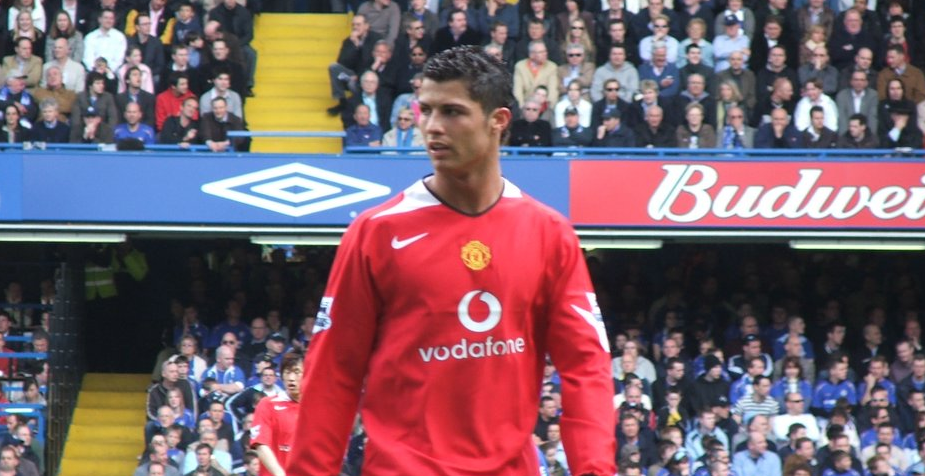Now that he is a superstar, it is easy to forget how Ronaldo started off. Born in humble circumstances on the Portuguese island of Madeira, he arrived in England aged only 18, having been bought by Manchester United in 2003 for £12m. Many thought United had paid over the odds for a flashy winger who had achieved nothing yet. To prove the critics wrong the young man would have to score about 10 goals a season and provide plenty of ‘assists’ for his team-mates. In the 2003-4 season he scored 6. But he kept getting better, and in the 2006-7 season he hit 23 goals. And among those goals were some of the most spectacular efforts of the season. He was now a United hero and no-one could doubt that he had been a great investment. Not only that, but he was already established as the rising star in Portugal’s national team – the heir to the great, but fading, Luis Figo.
Building on success with a professional development mindset
But this success was not enough for him. A revealing 2013 article tells the story. At the beginning of the 2007-8 season, Ronaldo had a simple message for his coach, Rene Meulensteen: ‘I want to be the best player in the world.’ Meulensteen had a simple reply: the problem is your attitude. It was not the young man’s work rate, which was exemplary, or his skills, which were amazing, that were holding him back. It was his desire to be noticed as a star performer.
The two of them set to work. On the training pitch they worked on scoring every different type of goal, adding boring, ugly goals to the eye-catching drives for which he had become known. With only half the next season gone, Ronaldo had already amassed 27 goals, passing last season’s total. Still not satisfied, the 22-year-old and his coach were ready to move to the next level, and the new focus was body language and mental focus. He went on to score 42 goals that season, United won the Champions League, and Cristiano himself was voted FIFA World Player Of The Year. No-one had really thought that Ronaldo needed to improve, and most people would have assumed he was too spoilt and selfish to try. But he was determined to continue his rise because there was no limit to his ambition. You only have to look at him to see that he is a personal perfectionist – a big ego, certainly, but a young man who refused to rest on his laurels.
A Lesson Of Mastery
There is a lesson here about talent, performance and perfectionism for all of us and you don’t have to be as talented – or as self-absorbed – as Cristiano Ronaldo to learn it. As a communications consultant, I hear the signs of limited ambition far too often: people who say they would ‘just like a few tips’ or say they don’t have time to focus on their presentation and impact. They see these skills as peripheral, not including them as ‘part of the job’. But look at Ronaldo: he worked on skills that were not usually seen as necessary for a player of his type – headers, tap-ins opportunistic goals. And when that paid dividends he went on to study so-called ‘soft-skills’ not associated with any football player: his facial expression, body language and thinking.
Ambition combined with investment in you
Some people are not as ambitious as that. They are content to work out their careers on a good salary in a good job with good results. And there is nothing wrong with that decision. But there are also those who are on the lookout for ways of transforming themselves in new ways. Those people want to be the best, bar none, and they treat things like mental attitude, focus, body language, use of the voice and so on, as vital weapons in their arsenal. If it will help them get to the top, then for them, it’s part of the job. If you are one of those people not willing to settle for less than you or your team can be then we’d love to help you exceed your own expectations. Get in contact to learn more.





